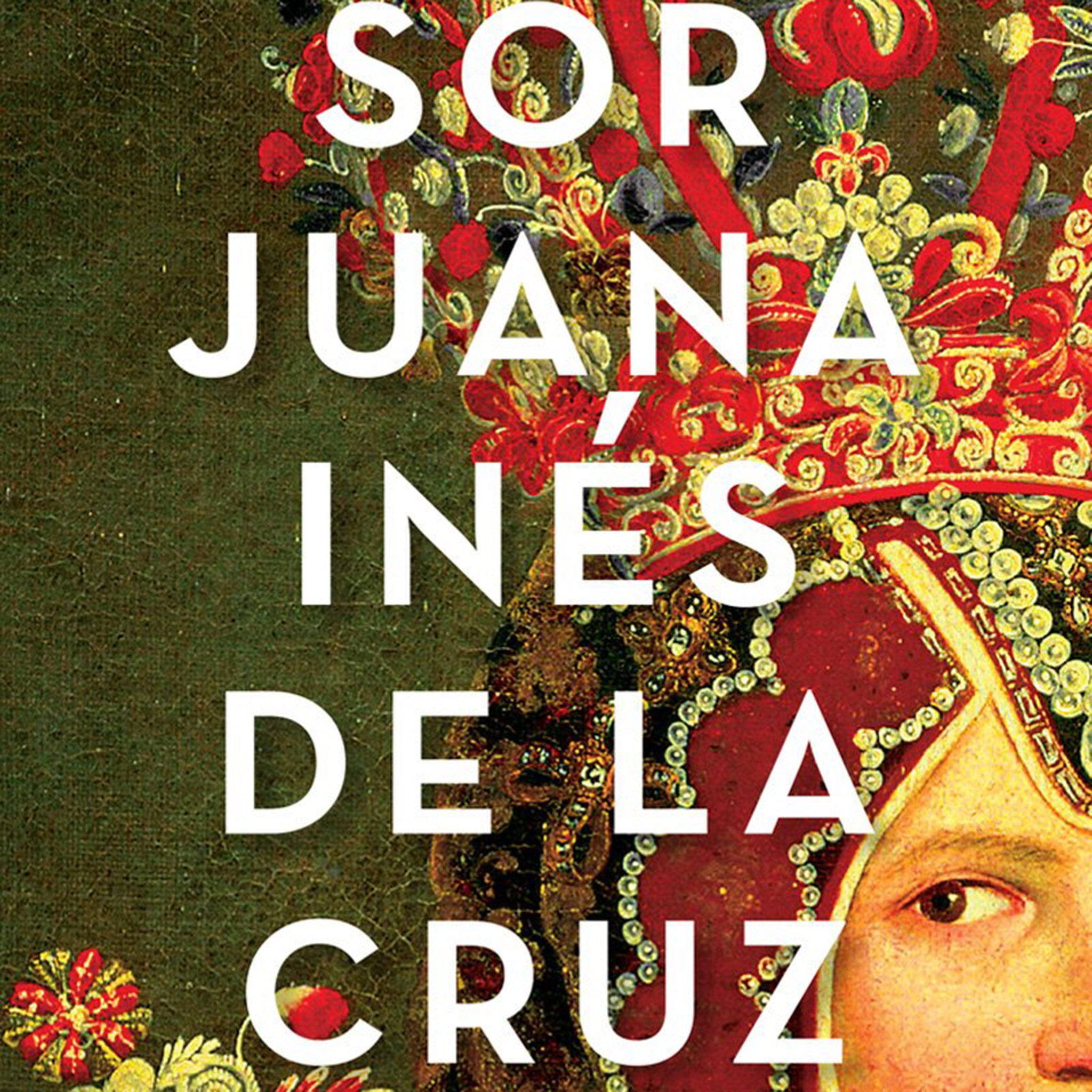Selected Works by Sor Juana Inés de la Cruz, book review: Phallic jokes and metaphysics in a witty nun’s tale
This self-taught intellectual and poet was extraordinary enough for Octavio Paz to write her biography

It is almost impossible to read the Selected Works of Sor Juana Inés de la Cruz, translated by Spanish translator sin par Edith Grossman, without becoming fascinated by its author.
This 17th-century Hieronymite nun and self-taught intellectual and poet was extraordinary enough for Octavio Paz to write her biography. Still called “The Tenth Muse” in her birthplace of Mexico, De la Cruz’s complexities, at once outspoken and enigmatic, have inspired a film and growing interest among Latina and English readers.
Such biographical focus reflects the personal mood of De la Cruz’s work. The final texts narrate her eventual downfall at the hands of what Grossman calls a “misogynistic hierarchy”. Condemned in a pseudonymous letter by her former friend, the Bishop of Puebla, De la Cruz writes a glorious “Response of the Poet to the Very Eminent Sor Filotea de la Cruz”.
Worth the price of admission alone, its knowingly humble pleas to speak her mind, within a culture that coerces her into silence, acknowledges what cannot be said even as De la Cruz finds ways to say it. Her “Response” makes an appeal, modest, scholarly and impassioned, “that studying, writing, and teaching privately [are for women] not only legitimate, but advantageous and useful”.
Dwelling on De la Cruz’s dramatic 44 years does deflect the eye from the poems. She proves a remarkably supple, diverse writer. There are witty, eight-line epigrams punning on everything from drunkenness to her own illegitimacy (with, possibly, a cheeky phallic joke about “upright fathers”). Elsewhere, you can find considered sonnets on ageing and decimas about creations both artistic and divine: “What paintbrush was so supreme/ That it sufficed to copy you?”
Her ballads fuse metaphysics, wit and emotion. “Ballad 2” is a playful hymn to the imagination’s power and limits. The stanzas wheel from their premise (“Let us pretend that I am happy”), multiplying perspectives as De la Cruz thinks herself into competing points of view: “If you imagine good fortune/ You will not be so downcast”.
The insistent rhythms lend De La Cruz’s voice urgency and immediacy, whether she addresses a person or idea, asks questions or speaks her mind in response. A minor beef with the translation is it robs the décima and redondilla of their rhymes and some of its music. Thanks to Grossman and De la Cruz herself, there is already more than enough to go round.
Order for £9.99 (free p&p) from the Independent Bookshop: 08430 600 030
Join our commenting forum
Join thought-provoking conversations, follow other Independent readers and see their replies
Comments
Bookmark popover
Removed from bookmarks